Pompeo faces opposition in UN push on Iran arms embargo
UNITED NATIONS, United States: US Secretary of State Mike Pompeo on Tuesday urged the UN Security Council to extend an arms embargo on Iran, warning that the Middle East's stability was at risk, but he faced wide skepticism over US threats to trigger sanctions.
The United States is warning it could employ a disputed legal move to restore wide UN sanctions on Iran if the Security Council does not prolong a ban on conventional arms sales that expires in October.
Veto-wielding Russia and China, which stand to gain major arms contracts from Iran, oppose an extension of the embargo which was established for five years under a 2015 resolution that blessed a denuclearization accord with Iran negotiated under former US president Barack Obama.
Taking his case to the Security Council, Pompeo said that ending the ban would let Iran send more advanced weapons to regional allies such as the Palestinian militant movement Hamas and Lebanon's Hezbollah and become a "rogue weapons dealer" farther afield.
"Iran will hold a sword of Damocles over the economic stability of the Middle East, endangering nations like Russia and China that rely on stable energy prices," Pompeo told the session, held virtually due to coronavirus precautions.
The Security Council session publicly unveiled a report that found that cruise missiles and drones used in attacks last year on Saudi Arabia -- including on Abqaiq, the world's largest oil processing center -- included material of Iranian origin.
"Iran is already violating the arms embargo even before its expiration date. Imagine if Iranian activity were sanctioned -- authorized -- by this group if the restrictions are lifted," Pompeo said.
- Iran demands embargo end -
Iranian Foreign Minister Mohammad Javad Zarif questioned the credibility of the report on the Saudi attacks, saying the UN secretriat was "utterly unprofessional."
He questioned in turn why there was no outcry about US weapons, pointing to Washington's invasions of Iraq and Afghanistan and President Donald Trump's arms sales that have contributed to Saudi Arabia's devastating offensive in Yemen.
"This very regime absurdly accuses Iran of 'meddling' in its own region," Zarif told the session, with a mid-level US diplomat listening after Pompeo left.
Zarif called the timely end of the arms embargo "inseparable" from the preservation of the nuclear deal and Security Council Resolution 2231 which backed it.
Trump, who has close relations with Saudi Arabia and Israel, in 2018 pulled out of the nuclear accord, calling it "disastrous," and slapped sweeping unilateral sanctions on Iran, which had been promised economic relief for abiding by the deal.
Iran has since taken small but escalating steps away from compliance with the nuclear accord as it presses for sanctions relief.
The Trump administration has recently argued that the United States technically remains a participant in the nuclear deal as it was listed in the 2015 resolution -- and therefore can trigger UN sanctions if it determines that Iran is violating its terms, including on the arms embargo.
"We cannot accept an attempt to get a blessing for the US-desired maximum pressure policy through the Security Council," said the Russian ambassador, Vasily Nebenzia.
"What we get in the end is an uncontrollable escalation," he said.
- Doubts over US approach -
China's UN ambassador, Zhang Jun, said the five-year arms embargo -- itself a compromise between the Obama administration and Moscow and Beijing -- should end as scheduled under the 2015 resolution.
"Having quit the JCPOA, the US is no longer a participant and has no right to trigger snapback at the Security Council," Zhang said, using the official name of the deal, the Joint Comprehensive Plan of Action.
European allies of the United States have voiced support for extending the embargo but also oppose new sanctions, saying the bigger issue is Iran's nuclear program.
"We would not," French envoy Nicolas de la Riviere said, "support unilateral proposals leading to the return of sanctions."
"They would only deepen divisions in the Security Council and beyond and would not be likely to improve the situation on the ground of nuclear non-proliferation," he said.
Some analysts see the US push as a way to kill the nuclear deal altogether, potentially days before Trump faces re-election.—AFP


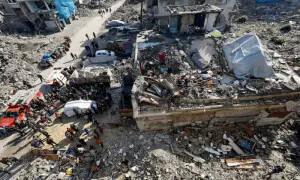

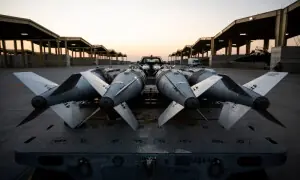
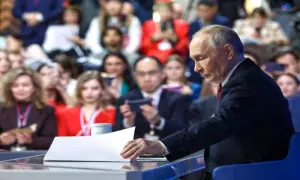
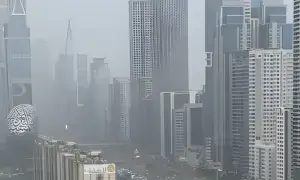
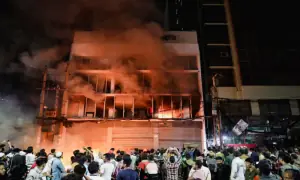

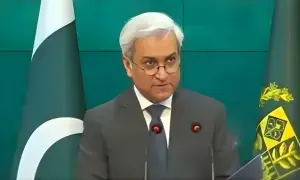
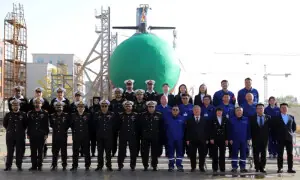
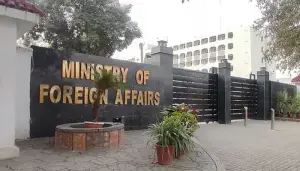
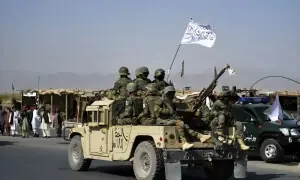
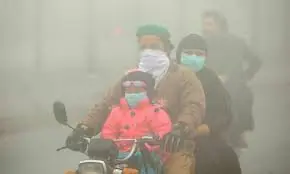
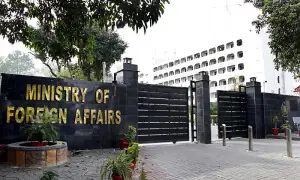
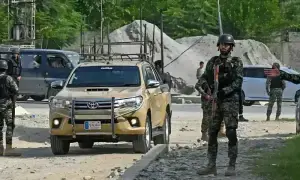
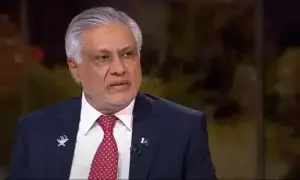
Comments are closed on this story.